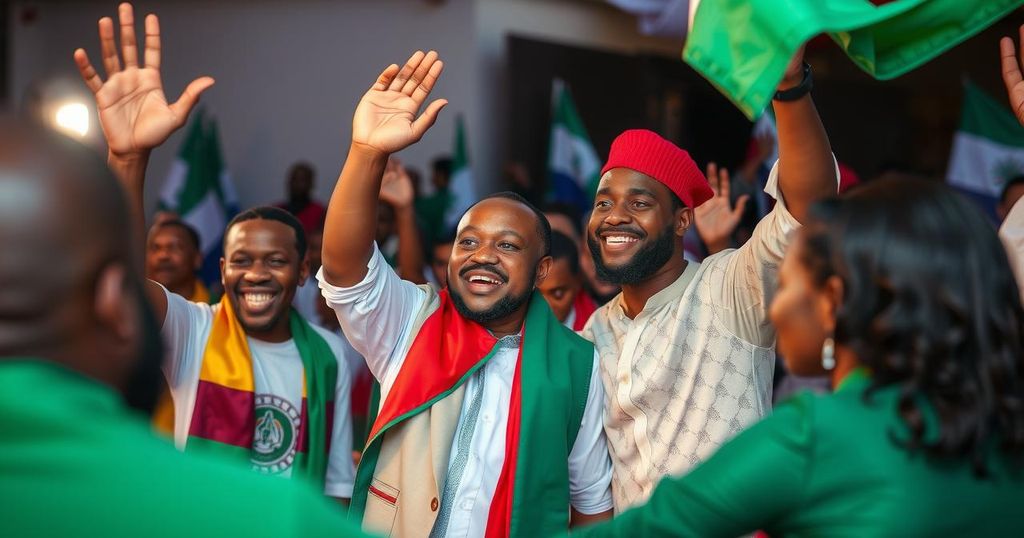World news
2024 ELECTIONS, AFRICA, AP, ASSOUMANI, AZ, AZALI ASSOUMANI, COMO, COMOROS, CONVENTION FOR THE RENEWAL OF THE COMOROS, CRC, DIPLOMATIC RELATIONS, ELECTIONS, ELECTORAL COMMISSION, EUROPE, FRANCE, GOVERNMENT, INDIAN OCEAN, ITALY, MADAGASCAR, MORONI, PRIME MINISTER APPOINTMENT, SUPREME COURT, VOTER TURNOUT
David O'Sullivan
0 Comments
Comoros Ruling Party Retains Majority in Parliamentary Election
The ruling party of Comoros, CRC, has won 28 of 33 parliamentary seats, maintaining its majority amid opposition boycotts and allegations of electoral fraud. This victory solidifies President Azali Assoumani’s continued influence following a series of controversial constitutional changes.
MORONI, Comoros (AP) — The ruling party of Comoros, the Convention for the Renewal of the Comoros (CRC), has successfully secured 28 out of 33 parliamentary seats in the recent elections, according to the results released by the electoral commission on Tuesday. This outcome reinforces the party’s majority within the Indian Ocean archipelago. However, these results are yet to receive confirmation from the Supreme Court.
The parliamentary elections held on Sunday experienced significant opposition as several parties chose to boycott the process, citing previous allegations against the CRC of electoral fraud. Comoros, comprising three islands located off the east coast of Africa near Madagascar, has faced political instability characterized by numerous military coups since its independence from France in 1975. President Azali Assoumani, a former military officer, initially assumed power in 1999 following the overthrow of the then president.
At 66 years of age, President Assoumani previously stepped down from the presidency in 2006 after a single term but reclaimed the position in 2016, subsequently winning three consecutive elections. In 2018, he implemented constitutional amendments that enabled him to bypass existing term limits and to evade a political arrangement that mandated the presidency to alternate among Comoros’ islands.
The Comoros archipelago has endured a tumultuous political landscape since achieving independence in 1975, marred by a series of military coups and disputed elections. The political scene, primarily dominated by the ruling party, the Convention for the Renewal of the Comoros (CRC), led by President Azali Assoumani, has been contentious, particularly with accusations of electoral fraud from opposition factions. Assoumani’s tenure has been marked by constitutional changes that have allowed him to maintain power over successive terms, despite prior agreements regarding presidential rotation among the islands.
The recent parliamentary elections in Comoros reaffirm the ruling CRC’s dominance in the nation’s legislature, managing to secure a formidable majority amidst a backdrop of opposition dissent and claims of electoral malfeasance. The ongoing political strain highlighted by boycotts and allegations underscores the fragile nature of the country’s democratic processes. As the electoral results await Supreme Court validation, the international community remains watchful of Comoros’ political trajectory under President Assoumani’s leadership.
Original Source: www.seattletimes.com




Post Comment